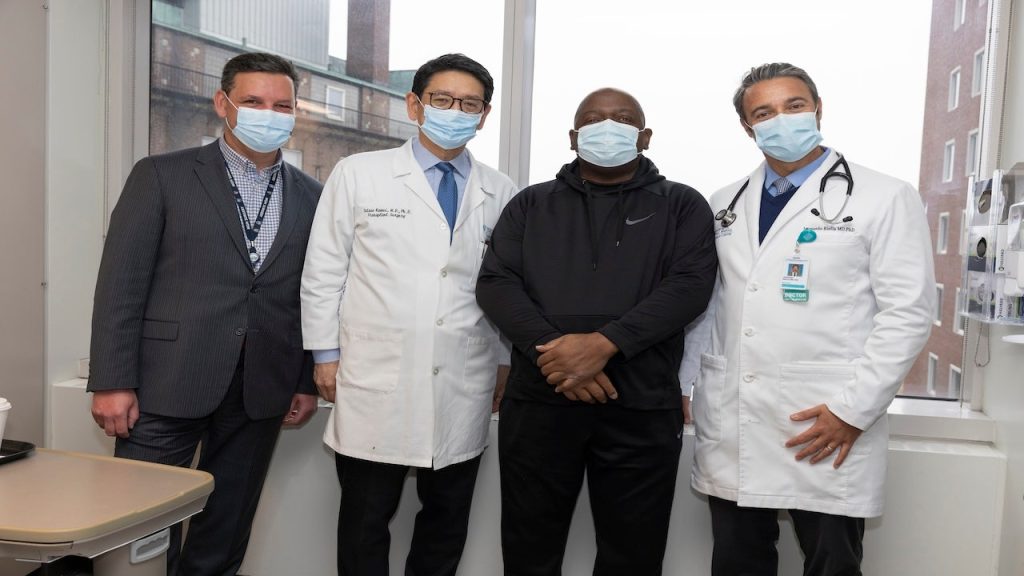Richard Slayman, a 62-year-old man from Massachusetts, passed away nearly two months after becoming the first recipient of a genetically modified pig kidney transplant. The historic procedure took place at Massachusetts General Hospital in March, with surgeons initially estimating that the pig kidney would last for at least two years. Slayman’s death was announced by both his family and the hospital, who expressed their sorrow and offered condolences. However, there was no indication that his passing was directly caused by the transplant.
Prior to receiving the pig kidney, Slayman had undergone a kidney transplant in 2018 but had to return to dialysis the following year when signs of failure appeared. After facing complications and requiring frequent procedures related to dialysis, his doctors suggested the pig kidney transplant as an alternative. The family of the deceased expressed gratitude to the medical team for their efforts in extending Slayman’s life. They highlighted that the additional seven weeks they had with him as a result of the xenotransplant procedure created lasting memories and gave hope to others in need of transplants.
Slayman’s family emphasized that one of the reasons he underwent the surgery was to provide hope for the thousands of individuals waiting for organ transplants to survive. Despite the challenges he faced, Slayman succeeded in achieving this goal, leaving behind a legacy of hope and optimism. Xenotransplantation, which involves using animals’ cells, tissues, or organs to heal humans, has been plagued by difficulties due to the rejection of foreign animal tissue by the human immune system. Recent advancements, such as modifying pigs to make their organs more similar to human ones, have shown promise in overcoming this barrier.
The national waiting list for organ transplants in the United States exceeds 100,000, with the majority of individuals awaiting kidney transplants. Tragically, thousands of people die each year before they can receive a transplant, underscoring the urgent need for innovative solutions like xenotransplantation. While the transplant field continues to face challenges and setbacks, cases like Slayman’s offer hope and inspiration for patients and medical professionals alike. The pioneering efforts of individuals like Slayman pave the way for advancements in transplant technologies and provide new opportunities for those in need of life-saving procedures.


